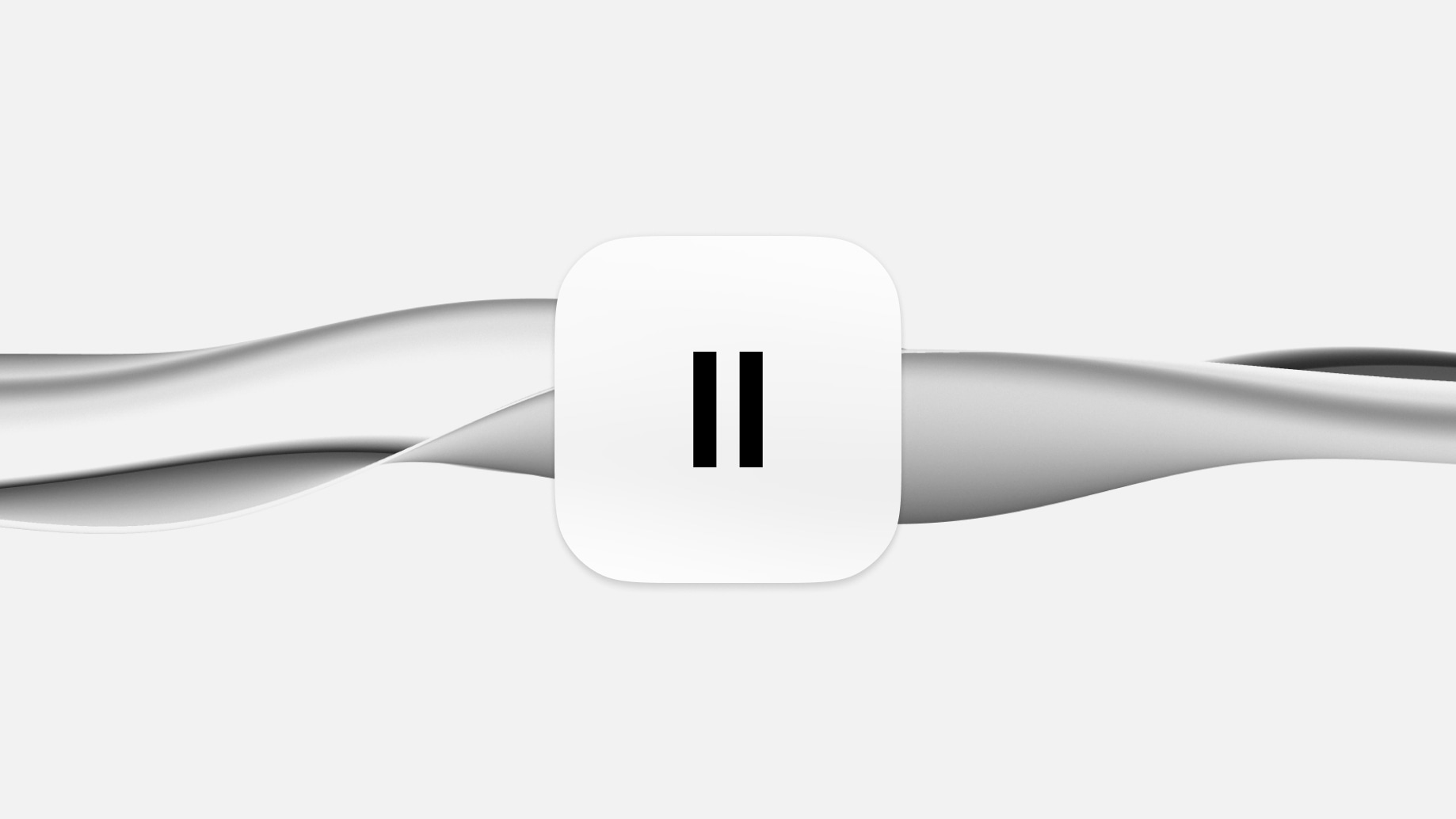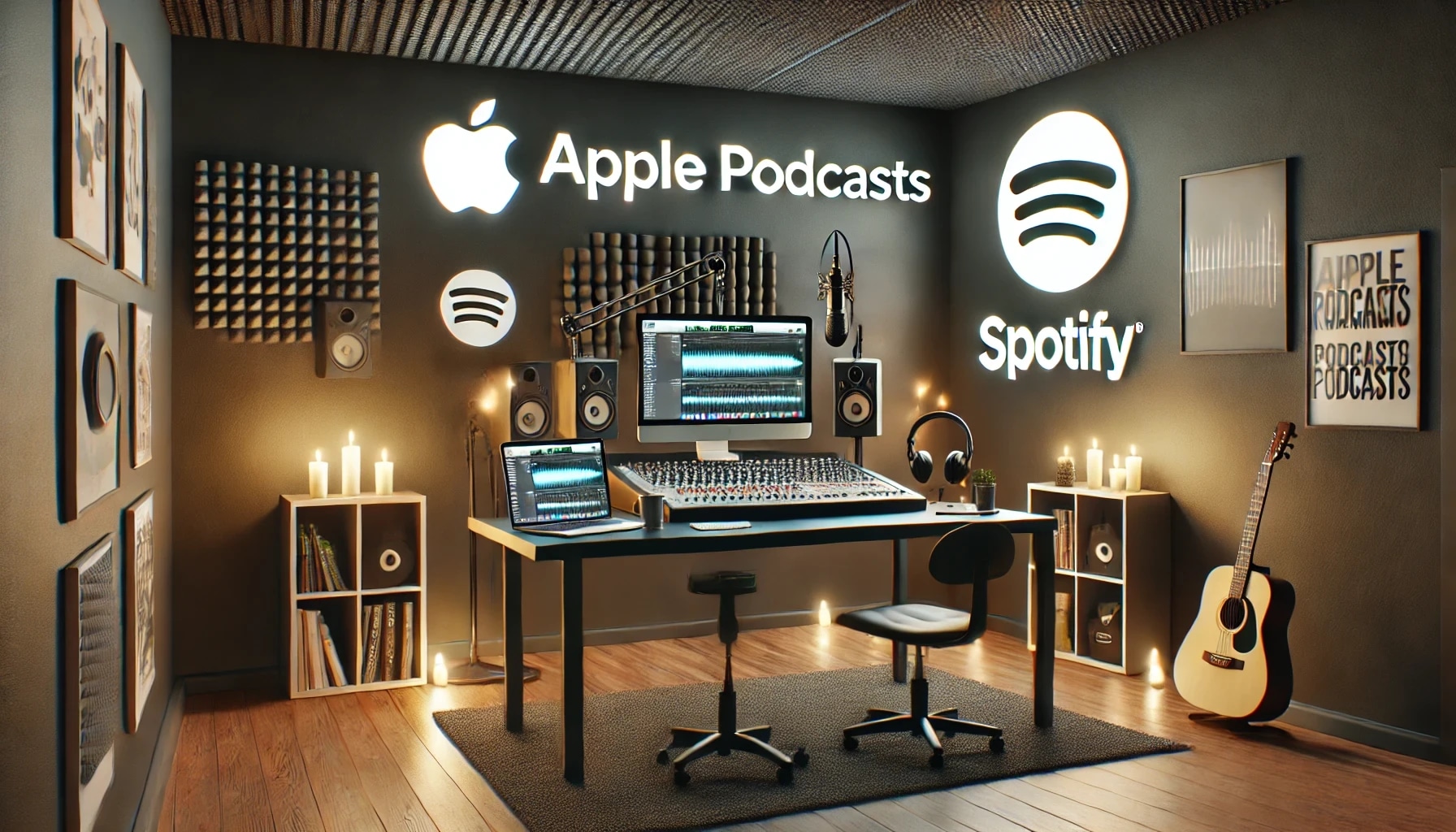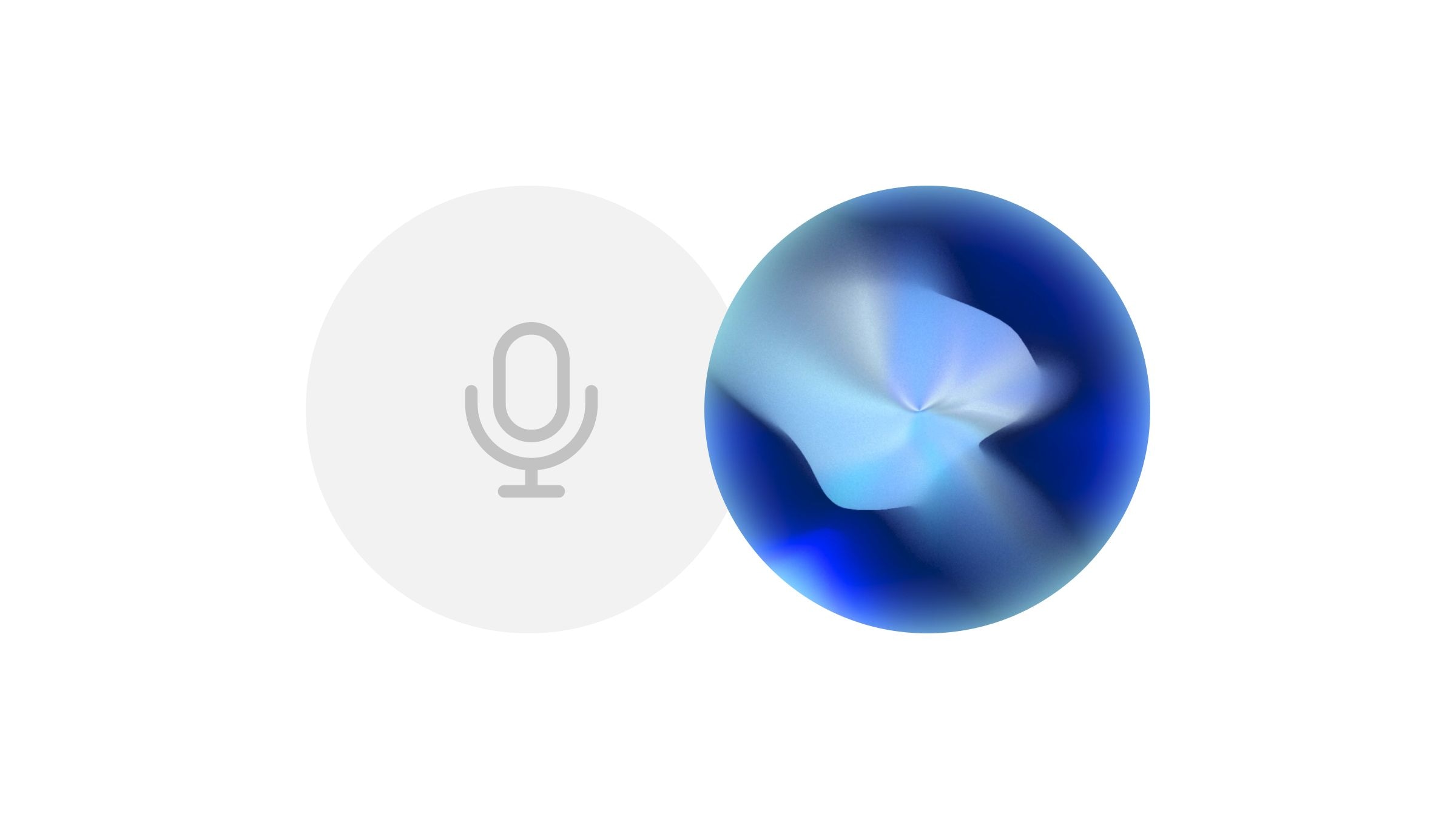Podcasts - another content category that has taken the world by storm over the last decade. From world-renowned podcasts like "The Joe Rogan Experience" or "Diary of a CEO" to more niche ones on particular topics like dating, true crime, and financial advice, podcasts are widely popular for both learning and relaxation purposes.
Although there are several podcasting platforms to choose from, Spotify and Apple Podcasts are by far the most popular. Thousands of podcast creators are looking to boost their rankings on these platforms and grow their listener bases.
Similar to the YouTube community, the podcast community is also growing as we speak, with many users looking to replicate the popularity and success of some of the more popular creators.
However, just as we discussed for YouTube, platforms like Spotify and Apple Podcasts have particular guidelines in place regarding AI to avoid harm, misinformation, or the risk of malicious behavior.
Spotify's AI guidelines for podcasters
According to the official Spotify User Guidelines, users need to pay attention to the following points:
- Spotify doesn't permit "crawling" or "scraping" the platform to view, access or collect information.
- Content published on the platform cannot be used to train a machine learning or AI model or fed into an AI model.
Regarding AI and podcast creation, AI tools can be used for non-consequential purposes, like improving the sound or quality of a recording. However, similar to YouTube guidelines, impersonation is a big no-no (especially regarding music artists).
Spotify's platform rules are generally pretty strict. The platform is quick to remove or ban audio content considered dangerous, deceptive, sensitive, or illegal, all of which can also apply to AI-generated content.
If these rules are violated, Spotify removes the content and can even ban the accounts if the platform rules are repeatedly ignored.
Apple podcasts and AI content
Most of Apple's guidelines for Podcasts and AI-generated content fall under the first section: Inaccurate, Misleading, or Unauthorized Content.
Their official guidelines state the following:
"Artificial Intelligence (AI) Transparency. Creators using AI to generate a material portion of the podcast's audio must prominently disclose this in the audio and metadata for each episode and/or show.
Misleading Use of AI. Creators must not use AI in violation of these guidelines, including to mislead or deceptively portray real-life events in their content (e.g., fabricating news stories or manipulating audio clips to present false narratives)."
Like Spotify, Apple doesn't take kindly to harmful audio content, whether created by a human or generated by AI.
AI in audiobooks: Audible AI audiobook guidelines
Last but not least, audiobooks!
In our busy and occasionally overwhelming period of human history, many people don't have the time to sit and read through an entire book, even if reading is their passion. This is where audiobook-sharing platforms like Amazon's Audible come in to save the day.
Audiobooks have revolutionized how people read (or, shall we say, "listen to") books and provided a practical solution to a real problem. With the wide availability of audiobooks and narrations to choose from, workaholics, tired parents, overwhelmed college students, and individuals with disabilities can continue to enjoy their favorite authors.
Whether listeners wish to catch up on a novel during their daily commutes or fall asleep to their favorite narrator, audiobooks make this possible.
This brings us back to our topic - AI.
AI voice-generation tools like ElevenLabs can be incredibly useful for audiobook narration. Yet, audiobook publishing platforms like Audible have been left in the dark regarding guidelines.
Here's why.
Audible's AI guidelines for publishers
Before our digital space experienced significant advancements in AI, including voice generation and text-to-speech tools, Audible's submission requirements were relatively straightforward.
According to the official ACX Audio Submission Requirements, all submitted audiobooks must be narrated by a human unless otherwise authorized. Likewise, ACX's website states that the unauthorized use of text-to-speech and automated narrations is prohibited.
Although the guidelines are unambiguous, they don't consider the rapid advancements of text-to-speech and voice-generation tools. In just a few years, we've advanced from robotic-sounding narrations to AI-generated voiceovers barely distinguishable from the real deal.
Due to these advancements, we can expect further changes or clarifications from audiobook-sharing platforms moving forward.






